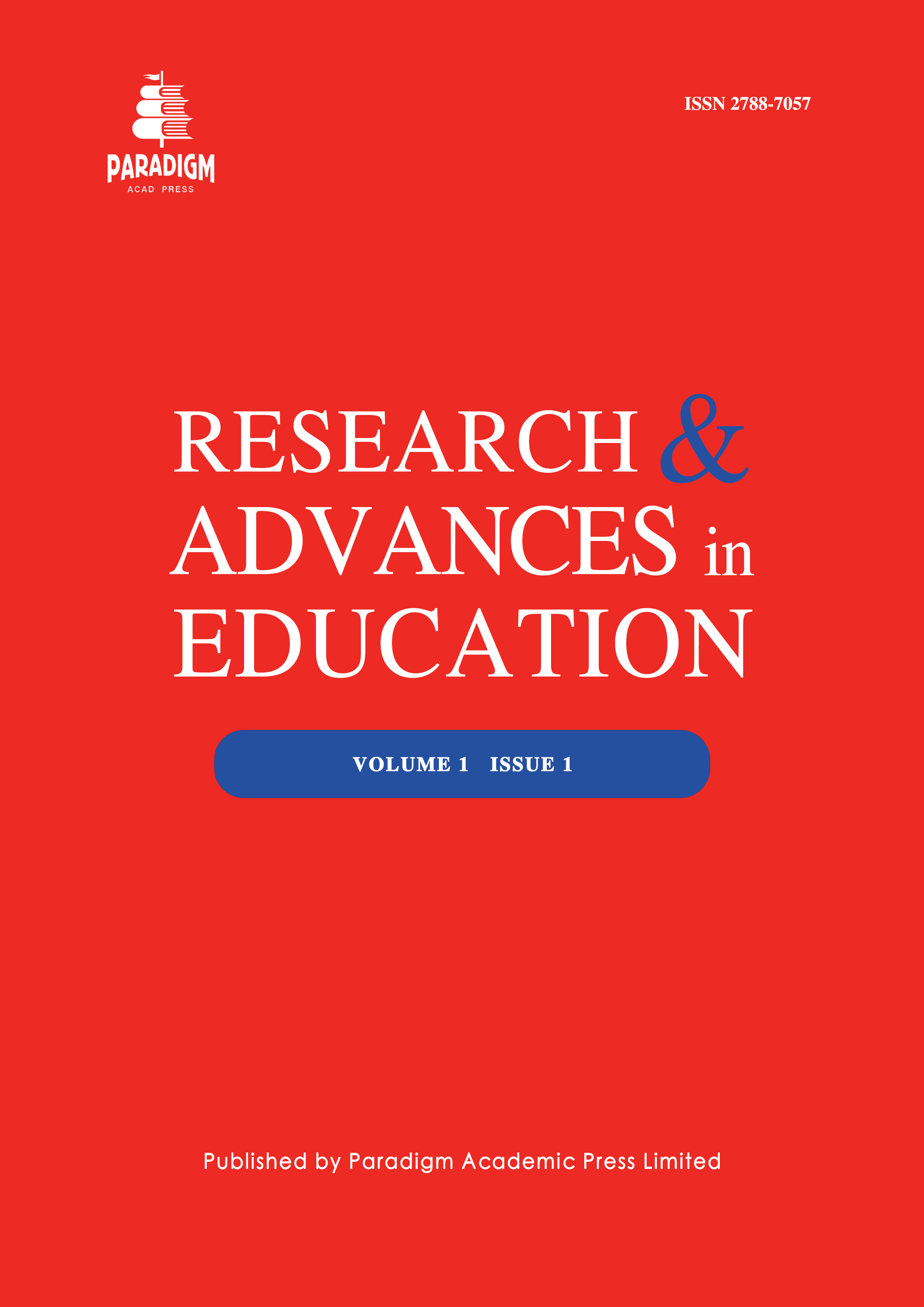Gender Features of the Psychosocial State of Students in the Period of Adaptation to the Educational Environment of the Pedagogical University
Keywords:
students, gender differences, mental health, educational environment, socialization, adaptabilityAbstract
The article presents the results of psychophysiological and personal characteristics study of first-year students of the Kuibyshev branch of the Novosibirsk State Pedagogical University (59 girls and 35 boys) in various areas of education. To study the personal qualities of students, we used a computer program for assessing the socio-psychological adaptation and personal potential of students, based on the methodology of Rogers and R. Diamond in the adaptation of K. A. Osnitsky. Indicators of the psycho-emotional state were determined by the methods of T. Ehlers, Bass-Darkey, and Ch. D. Spielberger in the adaptation of Yu. L. Khanin. The following psychophysiological parameters were evaluated: speed of a simple visual-motor reaction, reaction to a moving object, and cognitive characteristics (mechanical, semantic and imaginative memory, mental performance, concentration of attention). The results of the study indicate the gender differences in the psychological state, degrees of adaptation to the educational environment of the university and a number of psycho-functional and personal parameters of students. Young men had higher level of self-estimation, emotional comfort, internality, desire for dominance, adaptability, aggressiveness, motivation for success, mechanical memory, speed of visual-motor reaction and reaction to a moving object. The girls showed higher values of reactive and personal anxiety, better indicators of the quality of imaginative memory and attention switching. There were no gender differences in the mobility and productivity of nervous processes, the volume of semantic memory, verbal aggressiveness and hostility. The influence of the specifics of different educational profiles on the psychosocial state of representatives of both sexes was not revealed.
It is concluded that gender differences in the psychosocial status and personal psychophysiological qualities of young people are caused not only by biological factors, but also significantly depend on the socio-cultural impact of the environment. In this regard, it is important to further study and analyze the interaction of biological and social factors for a more complete understanding of the gender characteristics of modern youth in the context of the actualization of the educational activities in the university.


